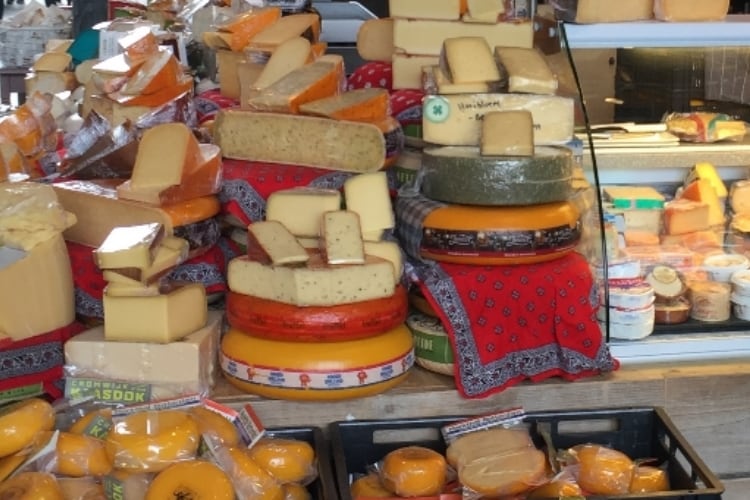The IDF said the meetings, in Prague, Czechia, have led to progress on topics including eight new or revised IDF/ISO standards to be published in next 12 months, such as an international standard for the determination of sugars in dairy products.
Another example is harmonization of the validation process for the rapid detection of antibiotics in fresh milk. Experts are also preparing a Q&A document to assist end users in dairies and milk collection centers to ensure milk quality and safety.
New topics for future standards development have also been identified, such as the enumeration of Clostridia, a bacterial family that is a contaminant affecting quality of ripened hard and semi-hard cheeses; and the rapid determination of fat in dairy products by nuclear magnetic resonance technology.
Steve Holroyd, chair of the IDF Methods Standards Steering Group, said, “With more than 25 IDF/ISO action teams and six standing committees meeting over the course of four days, Analytical Week provides an excellent opportunity for networking with international scientific peers and instrument companies, and for progressing the development of IDF/ ISO international standards and guidance.”
The IDF said standardized methods of analysis are essential and facilitate the production and trade of safe and high-quality dairy products. They provide a basis for mutual understanding and are used to assess compliance to national or international regulations and are widely applied for routine examination and control purposes. They convey the same language, understanding and measurements to allow for comparable results, as results of voluntary cooperation among the stakeholders of the dairy chain: industry, authorities, researchers, manufacturers.
Aurélie Dubois-Lozier, science and standards programme manager, said, “IDF is committed to continually improving the regulatory environment for the dairy sector, and to proactively engaging with key international organizations and influencers such as ISO, identifying knowledge gaps, prioritizing proposing solutions and seeking consensus.”
Next year’s IDF/ISO Analytical Week will be held in Beijing, China, April 6-9, 2020.

